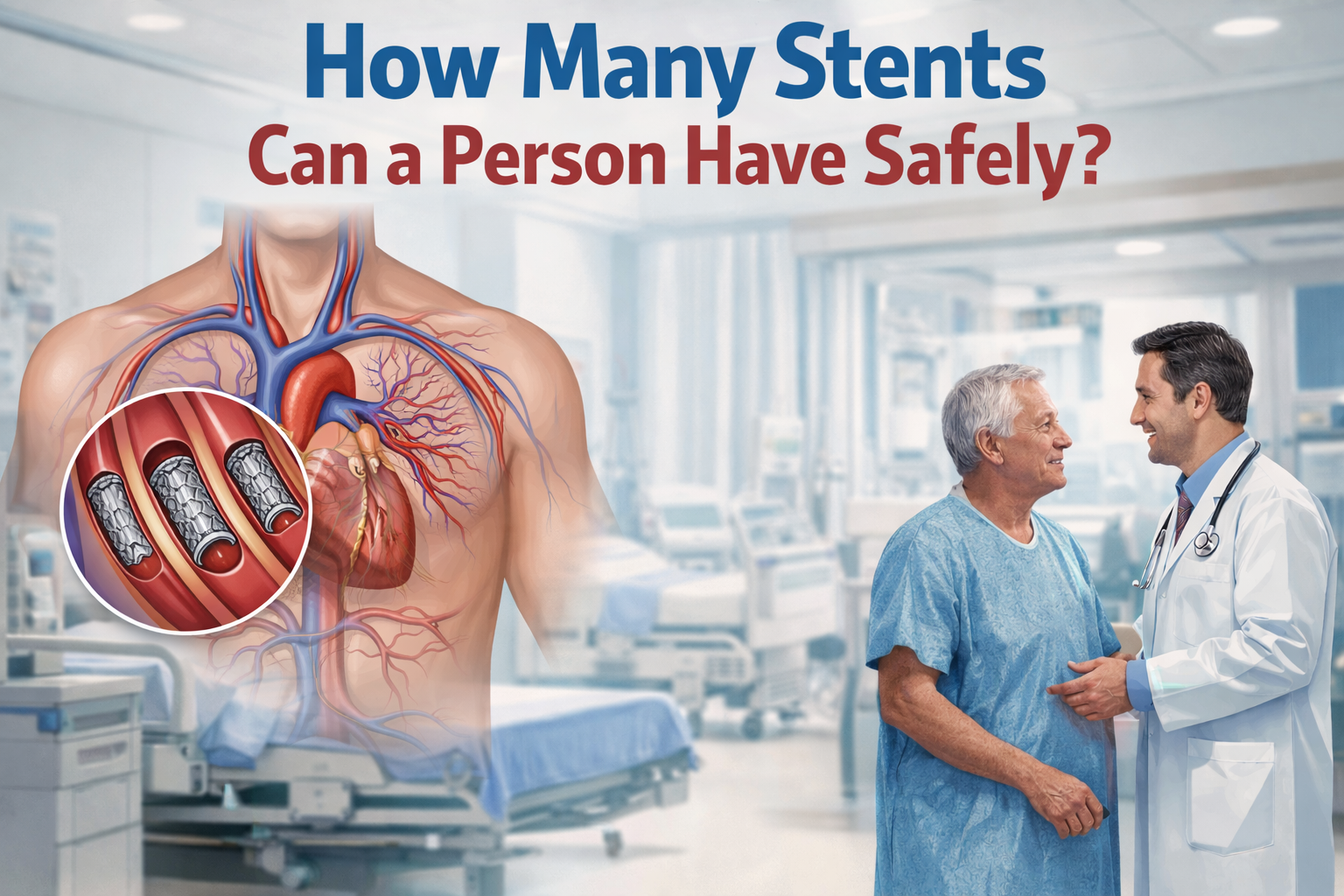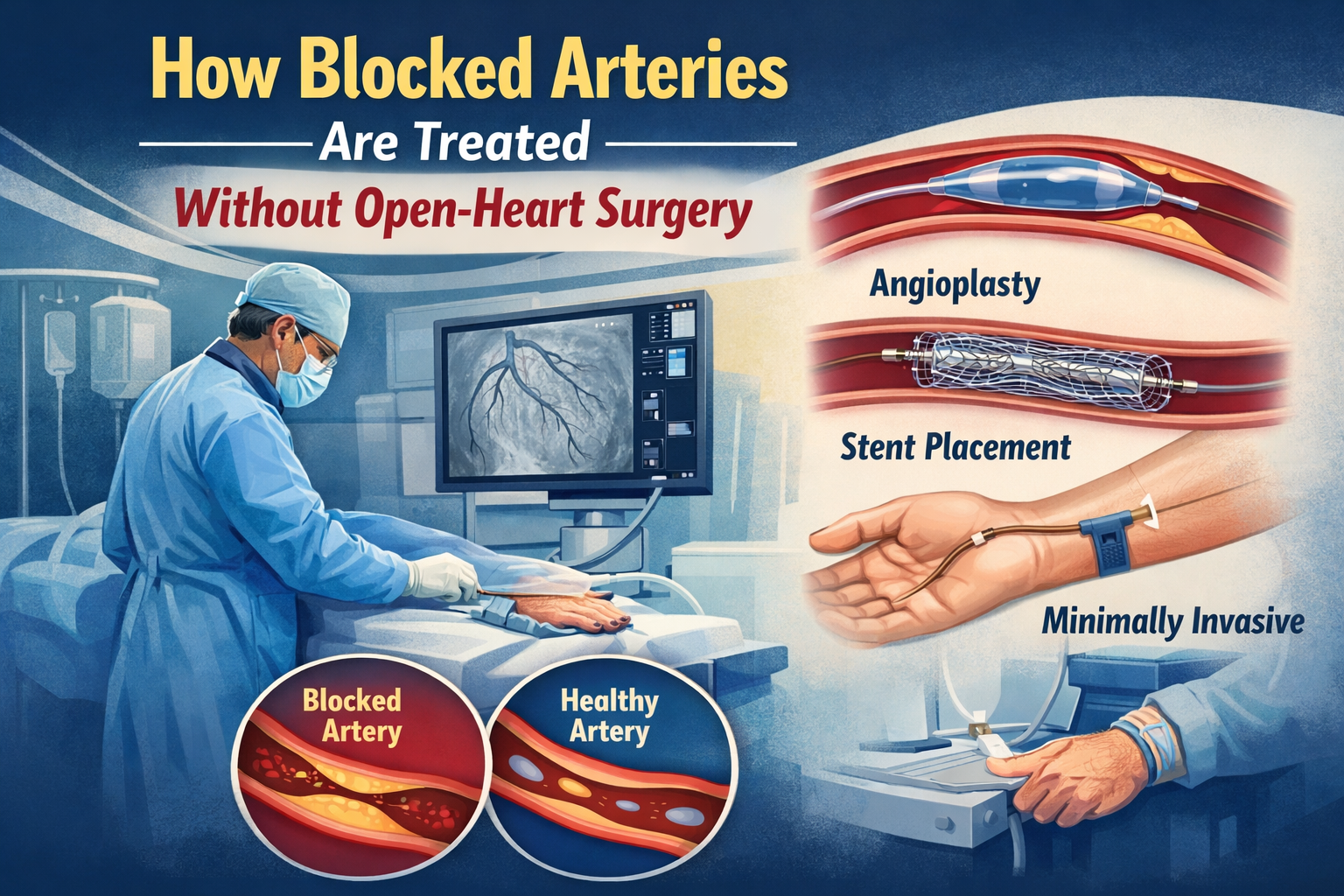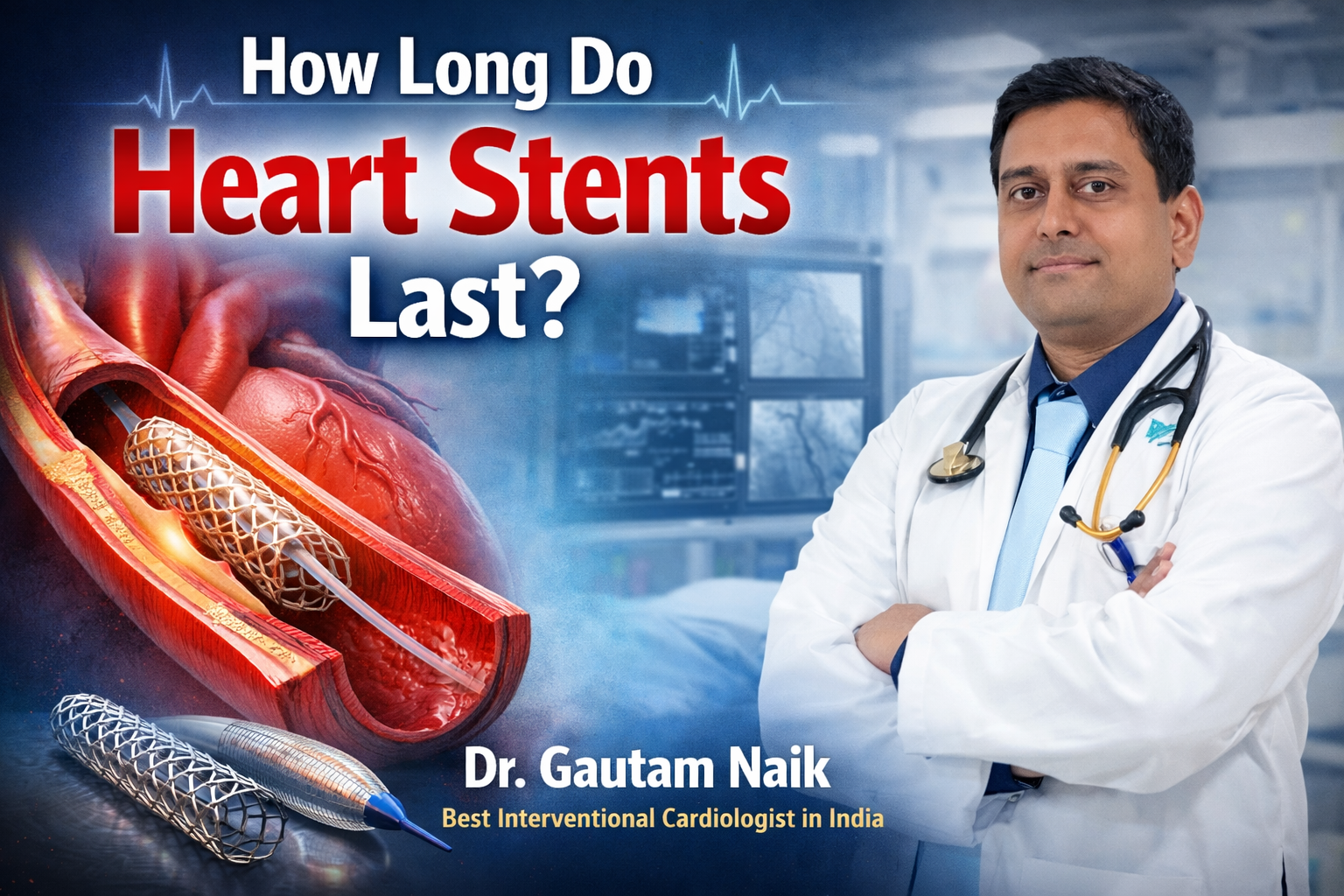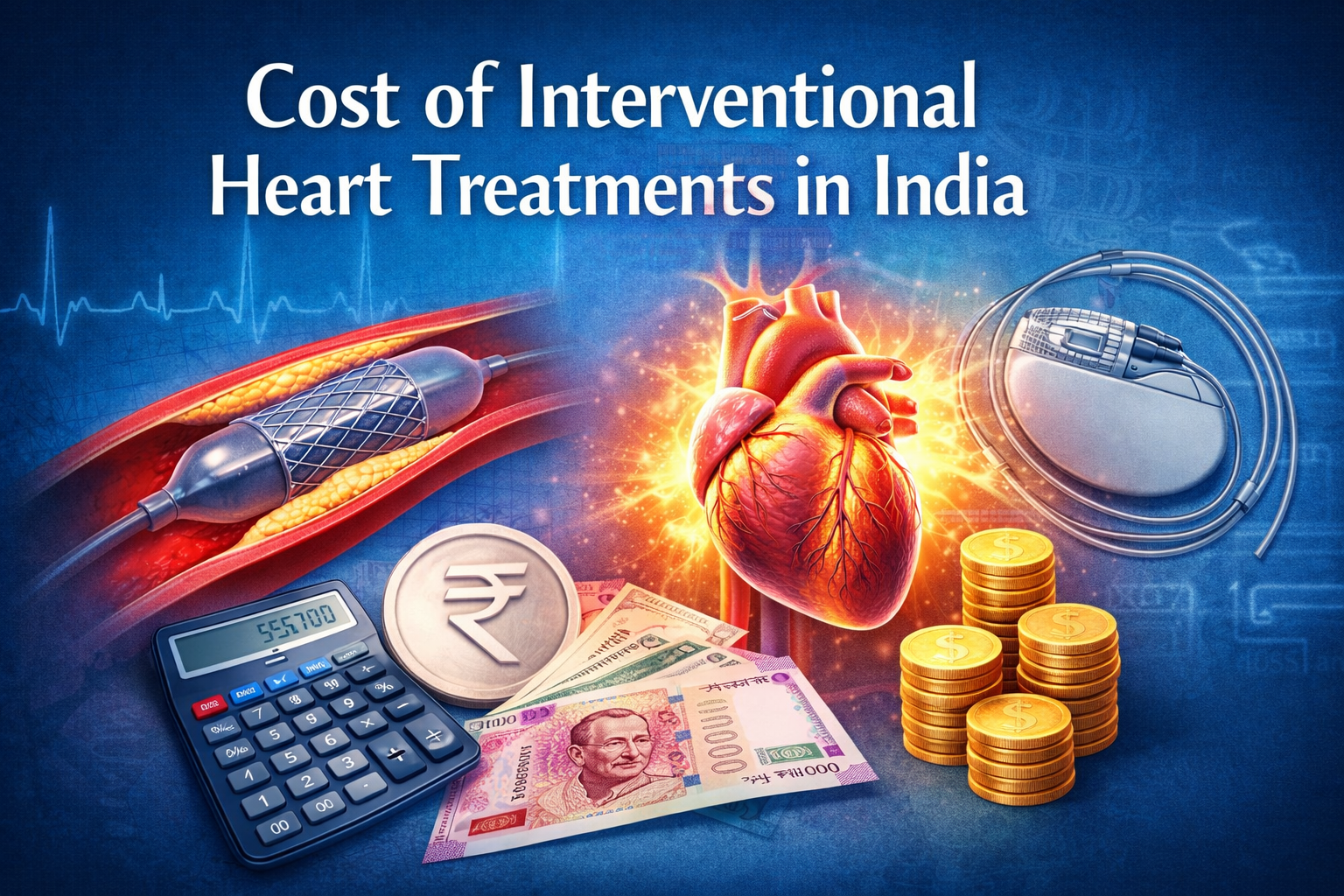
A healthy heart beats in a steady rhythm, pumping blood efficiently throughout the body. But when this rhythm becomes irregular—either too slow, too fast, or erratic—it can lead to fatigue, dizziness, shortness of breath, and even fainting. In many such cases, a pacemaker becomes a life-saving solution. But when exactly does someone need a pacemaker?
We spoke with Dr. Gautam Naik, the best cardiologist in Delhi/NCR, to provide expert insights into when and why a pacemaker may be recommended.
A pacemaker is a small electronic device implanted under the skin near the chest or abdomen. It sends electrical impulses to stimulate the heart to beat at a normal rate and rhythm. These devices are commonly used to treat arrhythmias, especially bradycardia—a condition where the heart beats too slowly.
“A pacemaker acts like a guide for the heart. When the natural pacing system falters, the device ensures the heart continues to beat effectively,” says Dr. Gautam Naik.
The heart’s rhythm is controlled by an internal electrical system. The sinoatrial (SA) node—the heart’s natural pacemaker—sends out impulses that cause the heart muscles to contract and pump blood.
If this system is disrupted due to aging, disease, or medications, the heartbeat can become abnormal. This is when a cardiologist may consider a pacemaker to restore proper rhythm.
According to Dr. Gautam Naik, a pacemaker is typically recommended under the following conditions:
If your heart beats too slowly (usually under 60 beats per minute), you may experience:
A pacemaker helps maintain a steady heartbeat and prevents complications.
In heart block, electrical signals are delayed or completely blocked between the upper and lower chambers of the heart. This can be due to:
A pacemaker can bridge this gap and maintain coordination between the atria and ventricles.
Patients with atrial fibrillation (AFib) may sometimes experience a slow heart rate due to medication or disease progression. In such cases, a pacemaker is used in combination with medication to regulate heart rhythm safely.
Unexplained, recurrent fainting can sometimes be due to an irregular heartbeat. After tests like Holter monitoring or electrophysiological studies, a pacemaker might be recommended if significant pauses in heart rhythm are detected.
Some patients with heart failure develop abnormal electrical conduction, such as left bundle branch block. In these cases, a specialized type of pacemaker called a biventricular pacemaker (CRT) is used to improve the heart’s efficiency and reduce symptoms.
“A pacemaker is not just a last-resort device—it is a proactive step to ensure patients with arrhythmias can lead active, normal lives. Early diagnosis and intervention can prevent complications and improve long-term outcomes.”
The procedure is generally safe and minimally invasive. It includes:
The patient is usually discharged within 24–48 hours and can resume normal activities within a few weeks, with some precautions.
Your cardiologist may recommend the following diagnostic tests:
These help determine whether a pacemaker is necessary and which type is most suitable.
There are different pacemaker types depending on your condition:
| Type | Purpose |
|---|---|
| Single-chamber pacemaker | Stimulates one chamber, usually the right ventricle |
| Dual-chamber pacemaker | Coordinates both atrium and ventricle |
| Biventricular pacemaker (CRT) | Used in heart failure to coordinate left and right ventricle contractions |
Q1. Will I feel the pacemaker working?
A: Most people do not feel the electrical pulses or the device after healing.
Q2. Can I use a microwave or cell phone?
A: Yes. Modern pacemakers are shielded against everyday electronics.
Q3. Will I be able to travel or exercise?
A: Absolutely. After recovery, most patients return to regular routines, including light exercise and travel.
Q4. How long does a pacemaker last?
A: Most pacemakers last between 8–15 years. Regular checkups help monitor battery life and function.
Dr. Gautam Naik is a leading name in cardiology across Delhi and NCR, known for his expertise in interventional cardiology and arrhythmia management. He is renowned for his:
Whether you’re experiencing symptoms like fatigue, fainting, or palpitations, or have been advised to get a cardiac device evaluation, Dr. Gautam Naik offers world-class cardiac care with compassion.
Your heart’s rhythm matters. If you’re noticing changes like a slower heartbeat, unexplained tiredness, or dizzy spells, it’s time to consult a specialist.
With expert guidance from Dr. Gautam Naik, the best cardiologist in Delhi/NCR, timely pacemaker therapy can transform your heart health and quality of life.
Need expert advice on heart rhythm issues? Book your consultation with Dr. Gautam Naik today and take the first step toward a healthier heart.






